The Bachelor of Tourism and Hospitality Management degree (BTHM) is a four-year programme made up of 43 core modules. Each year is separated into two semesters, and each semester made up of six modules apart from the second semester of the third year when students take part in a six month industry internship. The learning outcomes of modules are assessed in a number of ways including  through the completion of written assignments, final examinations and tutorial led presentations, short assignments and practical application of learning. Two dissertation projects are to be presented during the final year. Teaching will be made up of a combination of structured lecture and informal tutorials and practical learning. To supplement learning guest speakers and industry experts will conduct regular seminars. Learning resources include e-learning materials created specifically for this programme.
through the completion of written assignments, final examinations and tutorial led presentations, short assignments and practical application of learning. Two dissertation projects are to be presented during the final year. Teaching will be made up of a combination of structured lecture and informal tutorials and practical learning. To supplement learning guest speakers and industry experts will conduct regular seminars. Learning resources include e-learning materials created specifically for this programme.
Tourism And Hospitality Management
Tourism and Hospitality Management
INTRODUCTION TO BTHM
PROGRAMME AIMS
- To provides a high quality educational experience in line with expected international standards and ASEAN common Competency Standards for Tourism Professionals (ACCSTP). Students will be supported in the development of a strong academic and vocationally focused knowledge and skill base that will contribute towards accessing a relevant career in Tourism.
- To provide a stimulating and interesting learning experience that is supportive towards the career expectations pf students and relevant for the needs of the Myanmar hospitality and tourism industry.
- To provide teaching and learning that is responsive to the changing international tourism industry through a well-developed curriculum and the presentation of high-quality resources.
- To provide a progression route towards an MA in Tourism and Hospitality for graduates.
ADMISSION CRITERIA
Applicants must demonstrate the normal requirements for admission onto a degree programme in Myanmar. This includes passing the matriculation and attainment of suitable matriculation examination marks. Candidates may need to be interviewed as part of the selection process, and students not meeting the standard entry requirements may be accepted based in demonstration of ability through experience or other qualifications; this will be assessed on a case-by-case approach. A high standard of English language learning is also required.
LEARNING & TEACHING
Students will be encouraged to carry out self-study for each module, this will take the form of interment research, reading, writing assignments and developing presentations. A limited number of textbooks are available in the library, however a number of electronic learning resources have been developed that will support the students in accessing information.
Each module will include some elements of experiential learning as well as academic theory based learning through the use of lectures and tutorials. In the second semester of years three all students are required to take part in an internship at a business involved in the hospitality and tourism industry.
Most modules include one subject specific seminar delivered by a guest speaker from industry.
ASSESSMENT
Assessment will be carried out both formally and informally through formative and summative evaluations of learning. Assessment is intended to not only evaluate student learning, but to provide feedback to students to provide a platform upon which they can develop skills and understand better their skills and weaknesses.
Most modules will require the completion of at least one piece of original written work in the form of an assignment.
Students will be set regular short written assignments and work during tutorials for each module throughout the programme.
STUDENT'S LIFE

Subject Curriculum
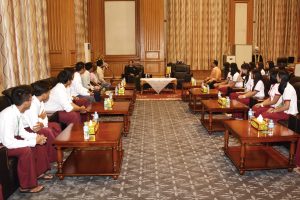 |
|
 Loading...
Loading...
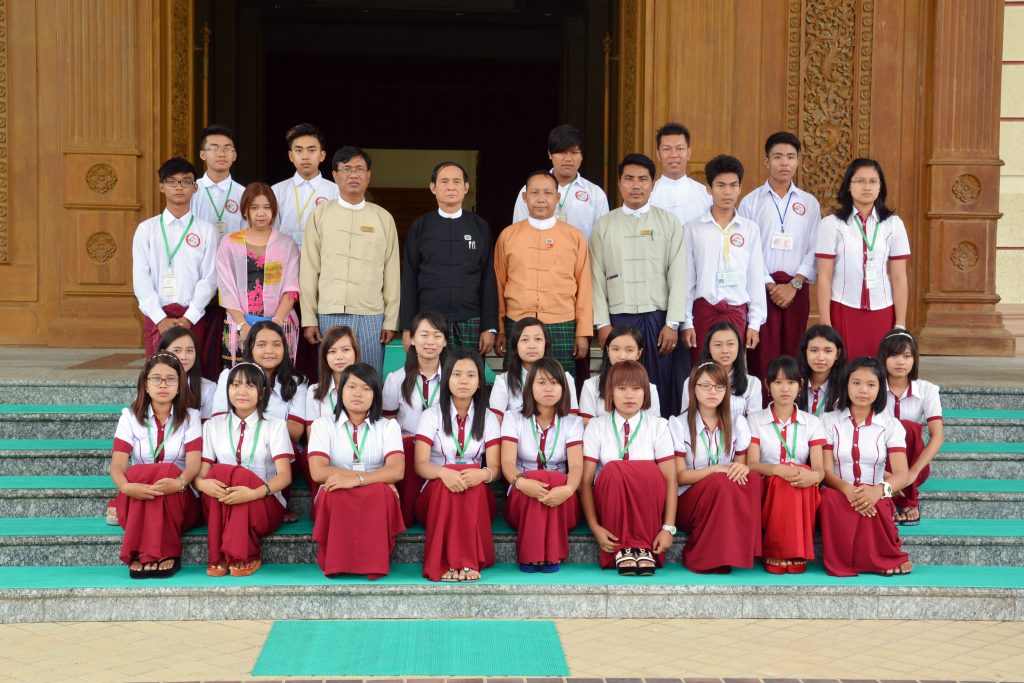 |
|
 Loading...
Loading...
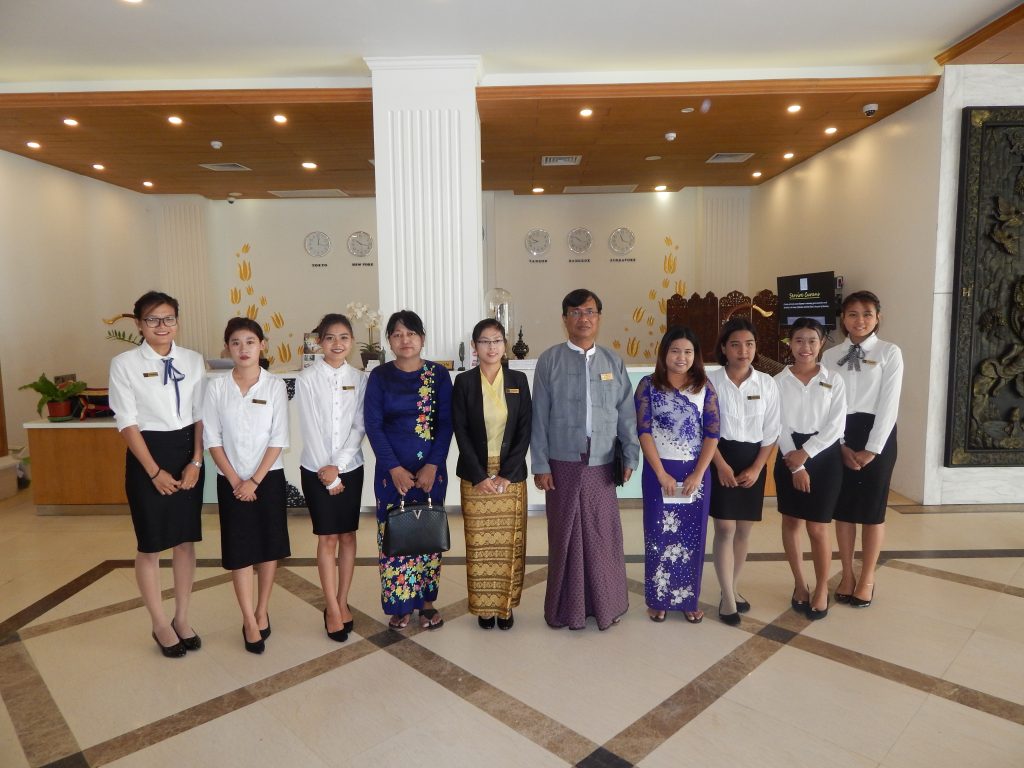 |
|
 Loading...
Loading...
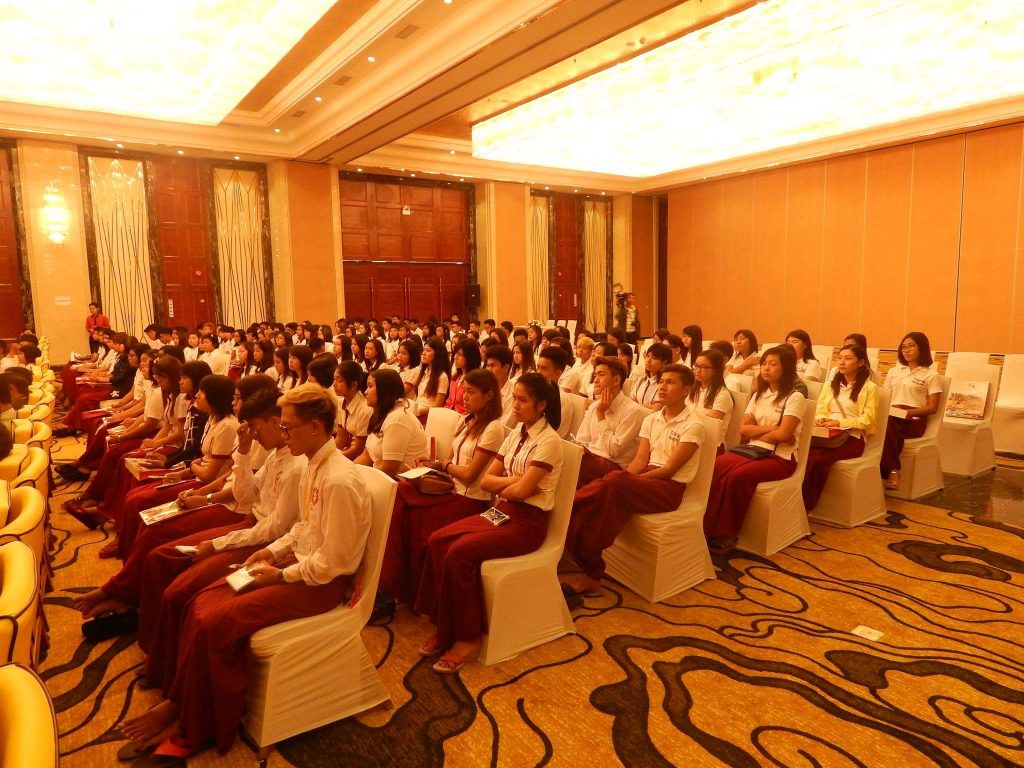 |
|
 Loading...
Loading...
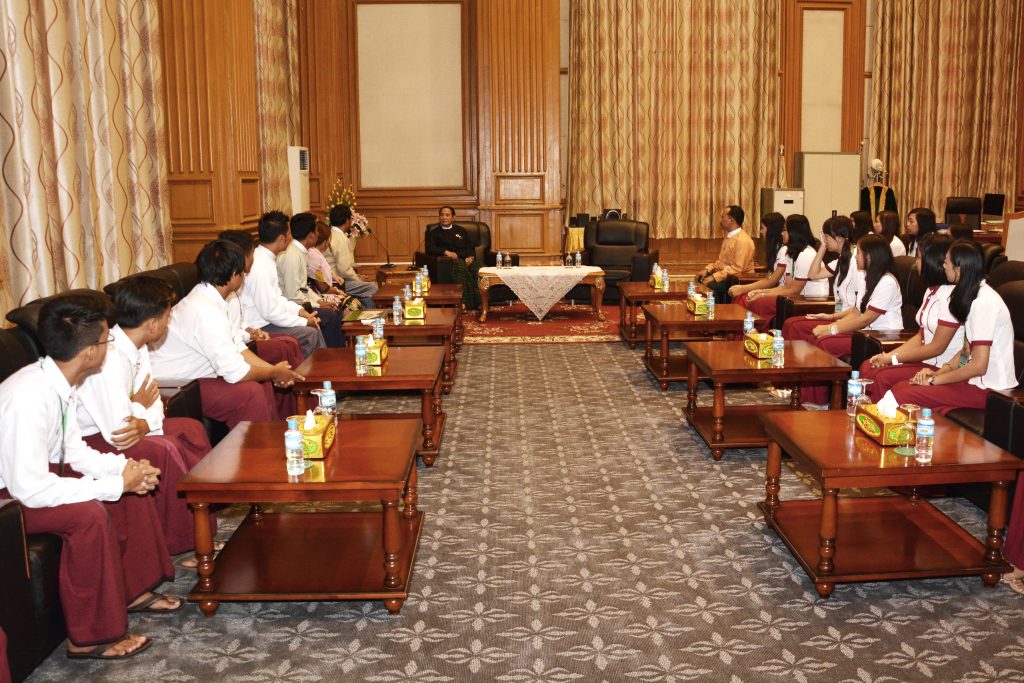 |
|
 Loading...
Loading...
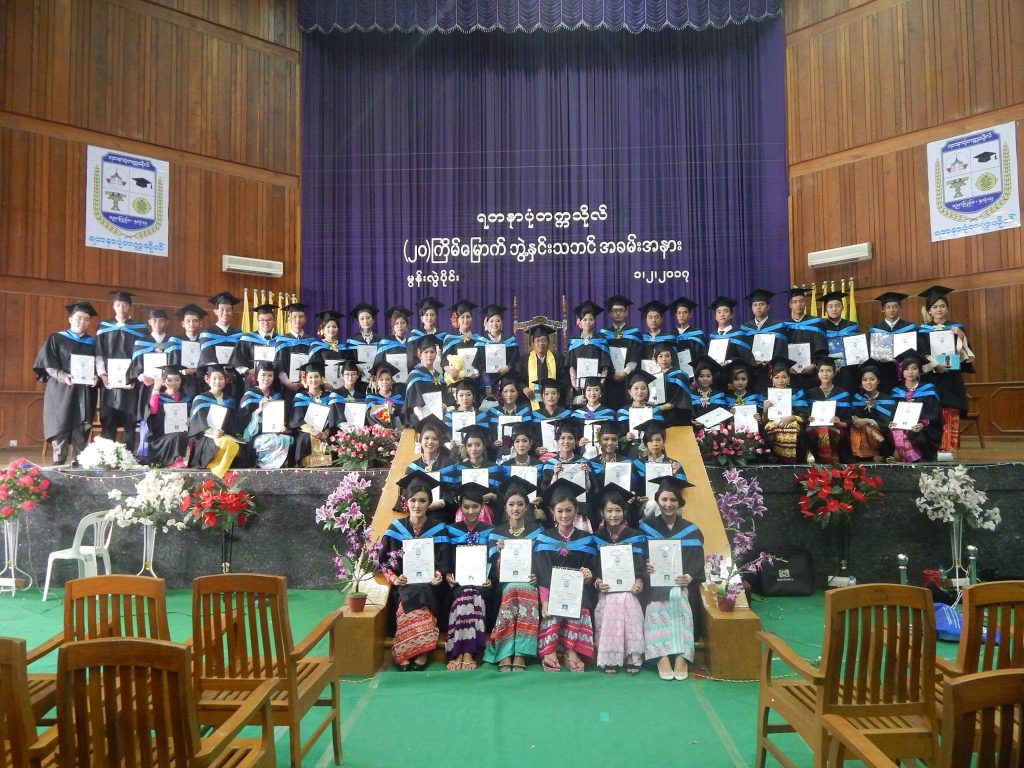 |
YEAR 4 ELECTIVE MODULES
YEAR 4 ELECTIVE MODULES
|
